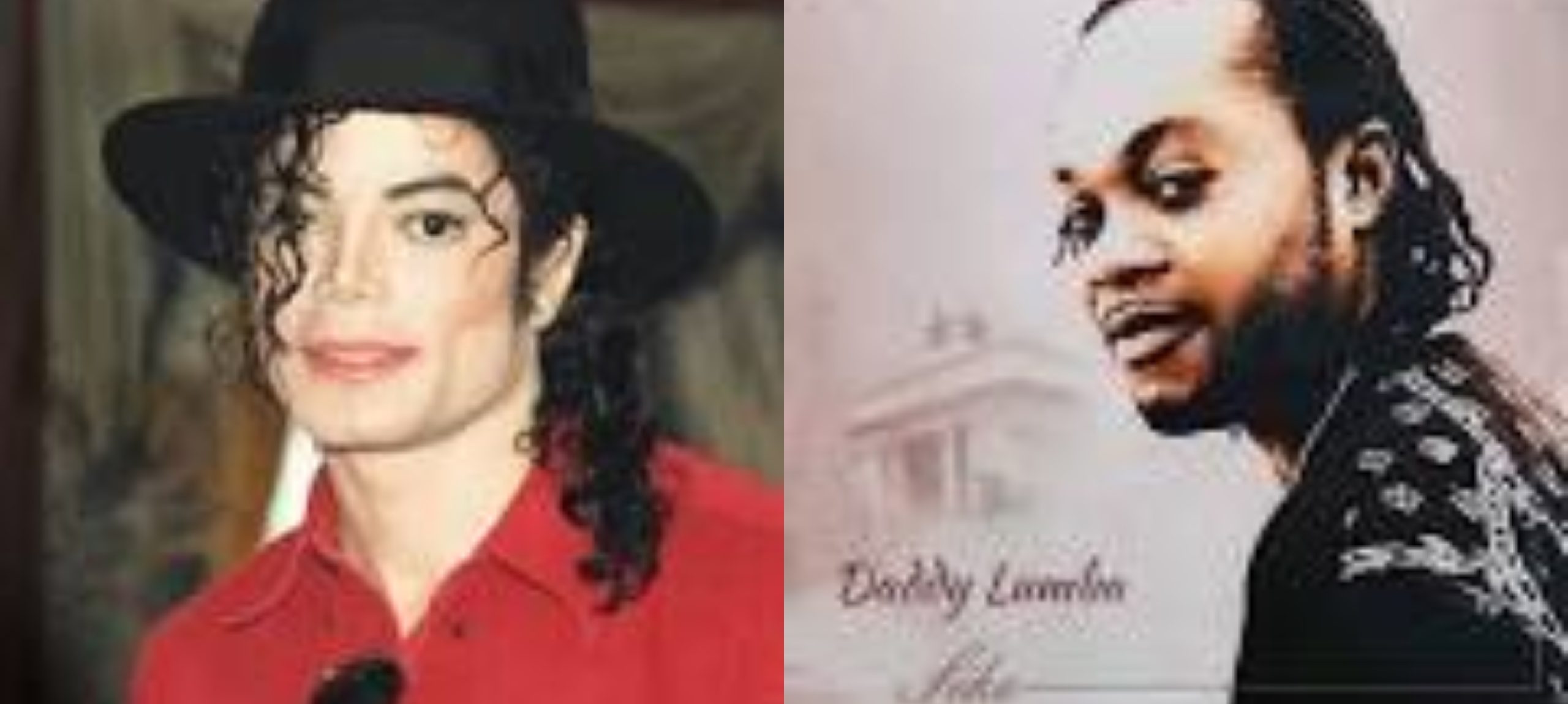
In music circles, fans often compare Ghanaian highlife legend Daddy Lumba to international pop icon Michael Jackson. While their styles and global reach differ, several reasons explain why such comparisons arise, rooted in their immense influence, stage presence, and enduring legacies.
Daddy Lumba, a household name in Ghana and West Africa, is celebrated for his pioneering contributions to the highlife genre since the 1980s. His music introduced innovative sound samples and rhythms that shaped modern Ghanaian music, blending traditional African styles with contemporary R&B and Afrobeat elements. Lumba is revered for his prolific songwriting, longevity, and deep cultural impact among his fan base and beyond.
Michael Jackson, known as the “King of Pop,” achieved legendary global success over the course of four decades. His groundbreaking music, iconic dance moves like the moonwalk, and visually compelling videos revolutionised the music industry worldwide. Jackson’s albums, particularly Thriller, broke sales records and racial barriers, making him a global cultural icon. His influence extended beyond music to shape fashion, dance, and performance art worldwide.
Fans draw comparisons largely because both artists are considered the greatest in their respective domains—Daddy Lumba in Ghanaian highlife and Michael Jackson on the global pop stage. The primary difference highlighted is the language of their music: Lumba sings in Twi, which naturally limits his global reach, while Jackson performed in English, enabling broader international appeal. Despite this, Lumba’s impact within his demographic shows a parallel dominance and innovation as Michael Jackson’s does worldwide.
Another point of comparison is their performance styles. Both artists are noted for their engaging stage presence and ability to emotionally connect with audiences. Lumba’s influence inspired a generation of highlife musicians, similarly to how Jackson inspired countless global artists across genres. Some fans note that Lumba even incorporated elements from American music and dance icons, including Michael Jackson, reflecting mutual inspiration albeit on different scales.
However, the comparisons also raise debates. While some assert Daddy Lumba’s cultural significance within Ghana matches Michael Jackson’s worldwide impact, others argue the global record sales, innovative music videos, and unprecedented reach put Jackson in a class of his own. The discussion often centres on local versus global legacy, language barriers, and the differing markets they influenced.
In summary, music fans compare Daddy Lumba and Michael Jackson because both are monumental figures who transformed music within their spheres. They share qualities of innovation, performance excellence, and lasting influence, separated mainly by the language they sing in and the scale of their global reach. This conversation reflects the power of music to cross boundaries and the pride in cultural icons shaping identity on regional and worldwide stages.




